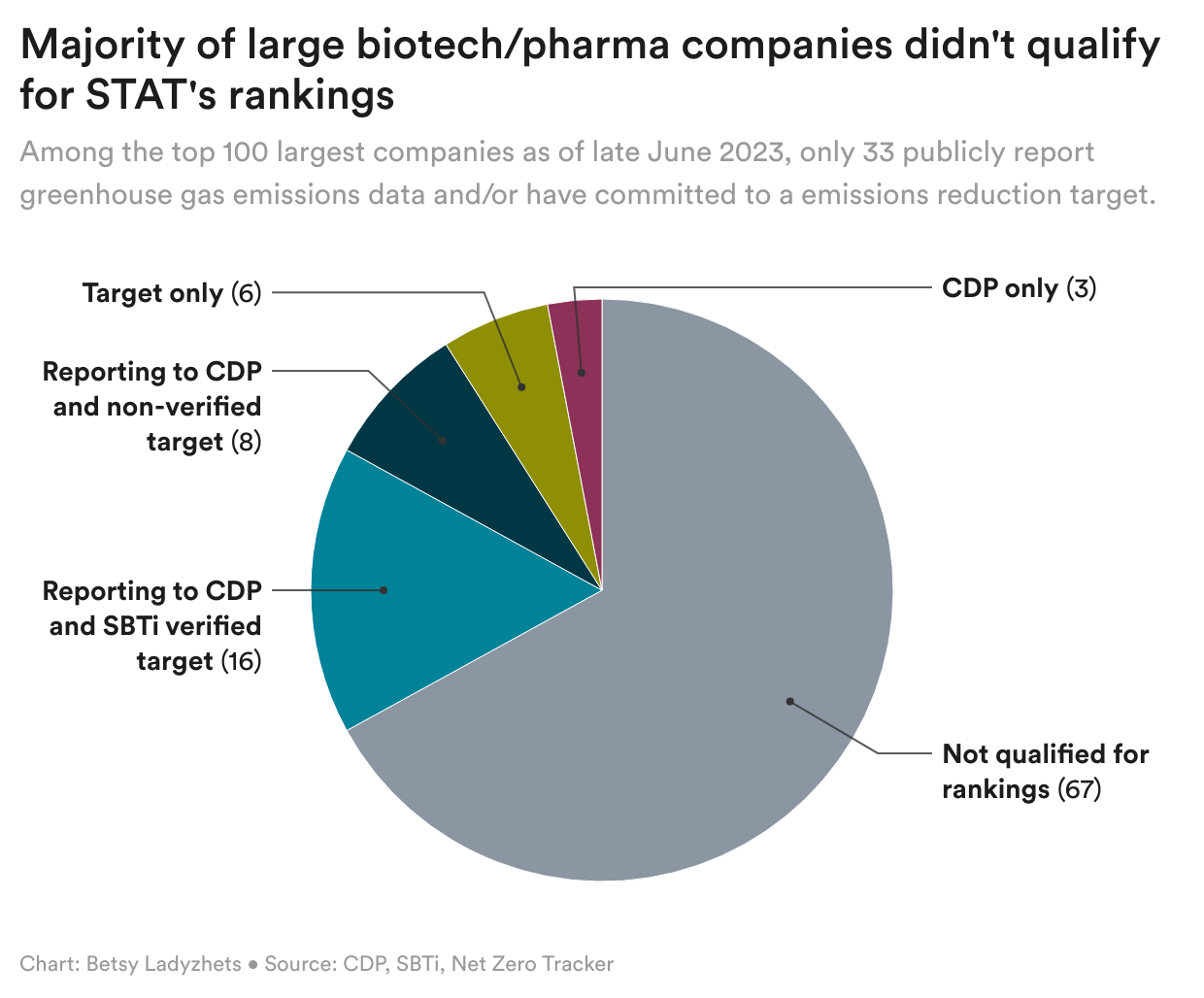Closer Look
When patients stay on dialysis for too long

Constanza Hevia for STAT
Dialysis can be a life-saving procedure for patients whose kidneys don't adequately filter out their blood, which causes toxic waste to build up. But a new study suggests that for some patients, the procedure is used for far too long and might even be harmful, writes STAT's Usha Lee McFarling. The study, published in the Journal of the American Society of Nephrology, found that 70% of acute kidney injury patients who underwent dialysis eventually stopped without being weaned off the machine, suggesting that they could have had fewer or shorter appointments earlier.
The study's authors argue that acute kidney patients are incorrectly being treated the same as those with end-stage disease. It's an issue Melissa Lawson knows all too well. The 36-year-old found herself in a dialysis room three times a week, and came out of each session freezing and nauseous. "They don't realize how difficult it is," Lawson told STAT while rubbing the welt near her shoulder where her dialysis catheter used to be. Read more.
health
Pharmacists as secret weapons in patient care
You might think of them as the person in the white coat who fills up your prescription, but pharmacists can do much, much more, as a new study reminds us. Researchers recruited 931 Hispanic adults with type 2 diabetes and tested an approach known as pharmacist-led intervention, in which a clinical pharmacist reviews a patient's vital signs and lab results, orders any additional tests, and helps patients come up with a plan to help ensure they're taking their prescribed medication — all tasks usually associated with physicians.
The findings, published in JAMA Network Open, showed that, compared to usual care, this pharmacist-led approach significantly reduced participants' hemoglobin A1c levels, a commonly used measure in diabetes care that reflects a person's overall blood sugar levels over the past several months, though the intervention didn't significantly improve patients' blood pressure.
Pharma
Pharma and biotech lag behind other industries on climate action

The drug industry has a ways to go when it comes to understanding and cutting down on its climate impact. Case in point: Only 33 of the 100 largest biopharma firms publicly report greenhouse gas emissions or have committed to reducing emissions to specific levels, as Betsy Ladyzhets writes for STAT. Read more and check out the full STAT Report.
No comments